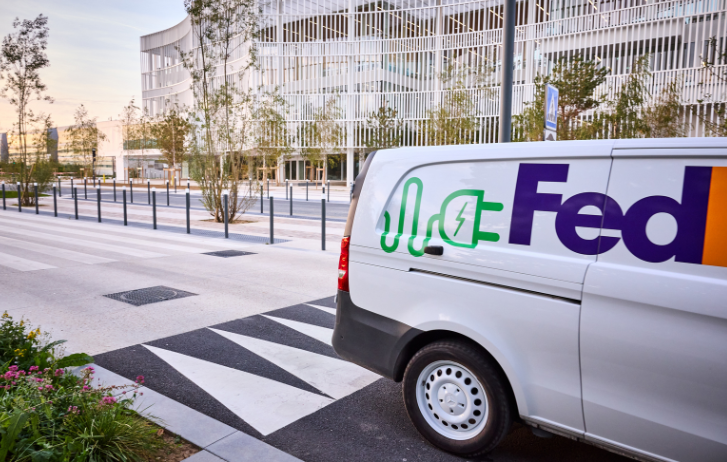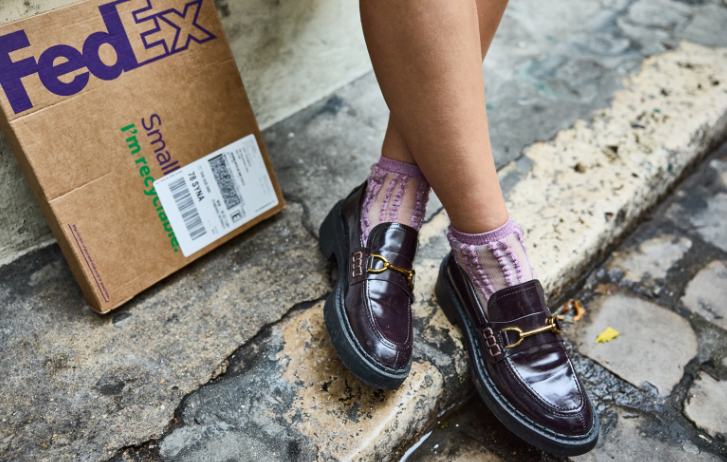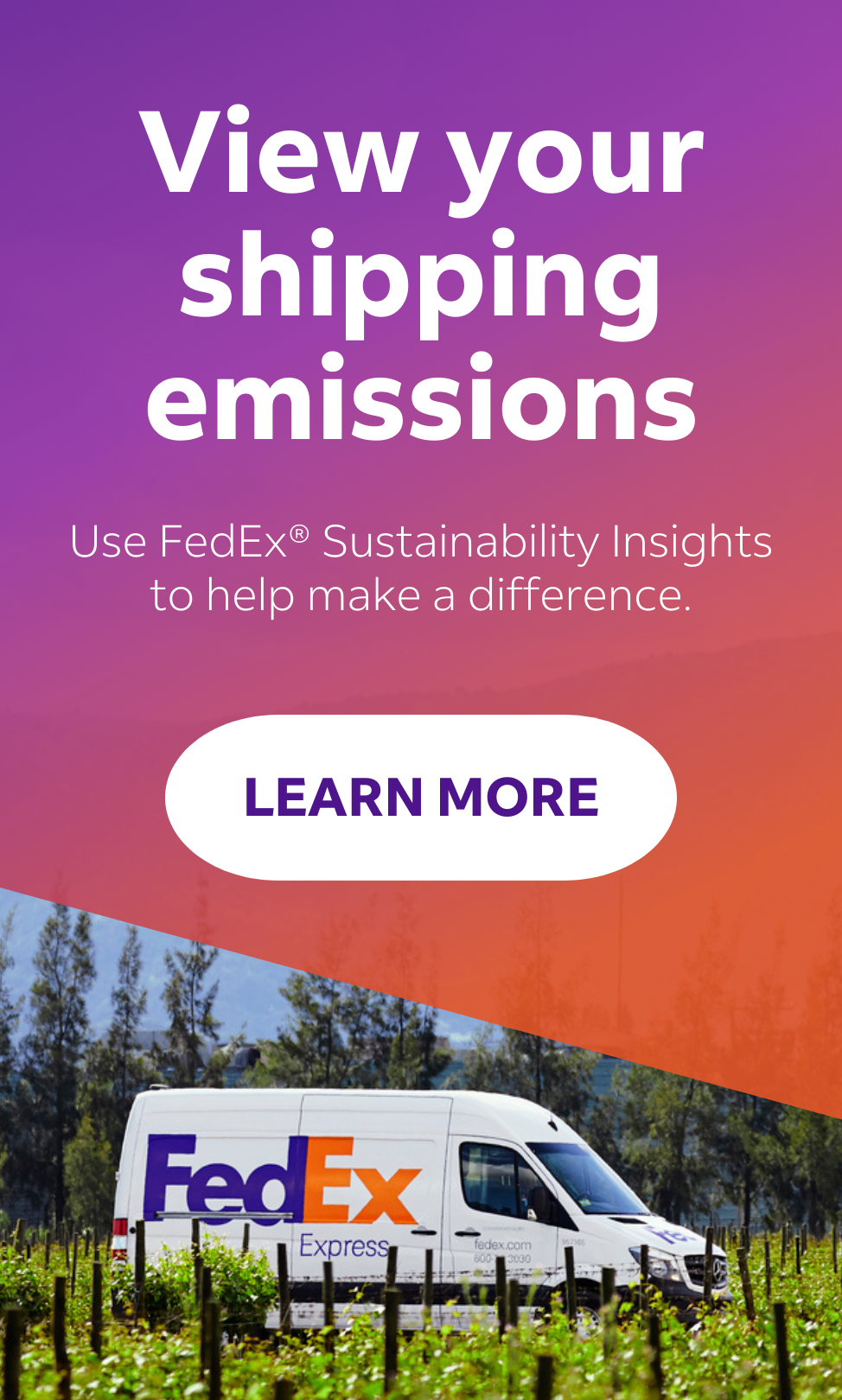
Why Sustainable Trade Is Essential For Asian Exporters To Europe
By Kawal Preet | August 15, 2025
Discover how sustainability is becoming key to entering the European market, as regulations and buyer demands continue to evolve.
- Europe demands high environmental standards. New regulations and growing consumer expectations leave little room for compromise.
- Asian exporters must audit, certify, and adapt their products and packaging to comply with EU sustainability requirements.
- Embracing sustainability increases efficiency, brand trust, and access to premium, eco-conscious European markets.
Are sustainable business practices on the retreat? Not a chance. Despite what headlines might say, businesses around the world aren’t backing away – they’re integrating sustainability as a core part of their growth strategy.
In Europe, we’re seeing that sustainability remains a focus for businesses and stakeholders, spurred by both regulation and market demands. This means it’s crucial for Asian businesses seeking a foothold in Europe to align with EU sustainability standards.
It’s not just regulators and business partners you need to consider. Even European consumers are passionate about sustainability, and they aren’t shy about switching brands to support those values.
If your business is looking to open more doors in the European market, sustainability is key. Companies trying to gain traction in Europe must treat sustainability as a core strategy to unlock long-term growth opportunities in the region.
Why sustainability matters in Europe
The European Union (EU) has emerged as one of the most proactive regions in integrating sustainability considerations into business practices. Strict environmental regulations and high compliance standards support the EU’s goal of creating a circular, competitive economy.
In 2023, the EU Parliament introduced the Corporate Sustainability Reporting Directive (CSRD), requiring companies operating in Europe to disclose information about their climate risks and opportunities.
Other EU regulations address specific parts of the supply chain. For example, the EU Deforestation Regulation (EUDR) controls the sale of products linked to deforestation. The Packaging and Packaging Waste Directive (PPWR) mandates reduced use of primary raw materials and a decrease in packaging volume and waste.
Many EU consumers share the goals of these regulations as well. Environmental factors now influence both B2B and retail purchasing decisions. For instance, a 2024 survey reveals European buyers actively choose goods that are traceable and responsibly made.
For Asian exporters, meeting EU sustainability standards can open doors to better market access. Falling short, however, can come with steep consequences.
Non-compliance with the EUDR can result in fines of up to 4% of your EU turnover. At worst, failure to meet sustainability criteria can disqualify you from public tenders and limit opportunities in sourcing agreements.
How can Asian businesses adapt to Europe’s sustainability standards?
To succeed in the European market, Asian exporters must be ready to meet these standards from day one by embedding sustainable practices into their operations. The long supply chain from Asia to Europe adds an extra layer of complexity, with logistics playing a key role in managing environmental impact.
At FedEx, we are committed to achieving carbon-neutral operations by 2040. We’re also investing in ways to reduce our aircraft carbon footprint and vehicle emissions through the use of sustainable aviation fuel and the expansion of our electric vehicle fleet. At the same time, we encourage and enable the businesses we serve to track and manage their shipping emissions with FedEx Sustainability Insights.
Sustainable logistics is just the first step in a much bigger shift. To successfully navigate the EU market, Asian exporters must take clear, proactive steps to ensure their products and processes align with European expectations. Here are three key steps businesses can take:
1. Conduct a sustainability audit of your business
A sustainability audit brings your operations’ most carbon-intensive processes to light, allowing you to pinpoint areas for improvement. Follow up with a gap analysis to compare your current practices with EU regulations and identify what still needs work.
2. Gain sustainable certification
Strengthen your credibility by obtaining recognized certifications that help instill confidence in your supply chain practices, by both regulatory stakeholders and buyers. For instance, wood and paper products can carry FSC (Forest Stewardship Council) certification, while palm oil-related goods may benefit from obtaining RSPO (Roundtable on Sustainable Palm Oil) certification.
3. Opt for lower-waste packaging
At FedEx, we offer lower-waste packaging. For example, our cardboard packaging solutions are 100% recyclable and our overall packaging materials are made up of 41% recycled content. We also offer reusable packaging, namely the FedEx Reusable Pak, which consumers can use to return items or prepare their shipments without additional packaging.
Realizing a competitive advantage
Long-term commitment to sustainability will be essential for unlocking new market opportunities in Europe. Companies that prepare early for regulations like the EUDR and PPWR will be better positioned to scale, especially as compliance becomes a basic expectation among European buyers.
But beyond simply complying with regulations, sustainable trade also strengthens green branding for Asian exporters. European consumers are among the world’s most eco-conscious, favoring brands that share their values.
Voluntary certifications such as the EU Ecolabel and TÜV Rheinland’s Green Product Mark can help you build credibility and trust, especially in a region where greenwashing is closely scrutinized.
Brands that showcase a fully transparent and traceable supply chain often stand out. Here’s a case in point: global palm oil producer GAR overcame resistance to its products by offering 99% Traceability to the Plantation (TTP) across its palm supply chain in Indonesia, ensuring comprehensive traceability of its palm oil estates.
For many Asian exporters, sustainability also brings pricing power. About 74% of European consumers are willing to pay more for eco-friendly products. Vietnamese coffee grower Le Van Tam, for example, shifted to sustainable farming in 2019 and now commands higher prices thanks to both quality and environmental credibility.
Sustainability isn’t a barrier – it’s a bridge
Europe’s strict sustainability standards may seem like a hurdle for exporters looking to sell into the EU, but they’re ultimately a gateway to trade.
Embracing these expectations can unlock real advantages for your business, beyond just skirting penalties. Cutting down on waste in supply chains can reduce logistics costs. At the same time, aligning with EU sustainability standards can strengthen your brand image in an increasingly discerning marketplace.
Finally, sustainability is becoming a key filter for investment and partnerships. European buyers, distributors, and investors are increasingly screening for sustainability alignment. Showing that you take these standards seriously can make you a more attractive partner.
If you’re targeting the European market, don’t treat sustainability as just another compliance checklist item. See it as a chance to future-proof your operations, rethink outdated practices, and create long-term value. Businesses that treat environmental responsibility as a strategic advantage will be best positioned to thrive in Europe’s evolving trade landscape.
***
Managing shipping emissions is key to more sustainable trade. Find out how FedEx can help you take control of your shipping emissions.
SHARE THIS STORY
- 85% Of APAC Businesses Plan To Expand Into Europe, According To New FedEx Report
- Generative AI: A New Frontier
- How To Ship A Giant Panda
- The Rise Of Intra-Asia Trade: Opportunities In The China-Southeast Asia Corridor
- Where Do Old Planes Go When They Retire?
- What’s So Dangerous About Coconuts? Your Guide To Dangerous Goods Logistics
Sign up now and save on your shipping rates!
Sign up now and earn discounts by shipping instantly with FedEx Ship ManagerTM at fedex.com.
Recommended For You

Has Your Business Found The Link Between Sustainability And Innovation?
When it comes to business and economic growth, sustainability and innovation go hand in hand.
Read More
4 Steps To Building A Sustainable Supply Chain
To create business advantage and build a greener future SMEs and businesses are identifying ways to make their supply chain networks more sustainable.
Read More
Why Your Business Needs Sustainable Packaging – And How FedEx Can Help
Reduce shipping costs and build customer loyalty with sustainable packaging. Explore FedEx solutions that help your business ship responsibly.
Read More

